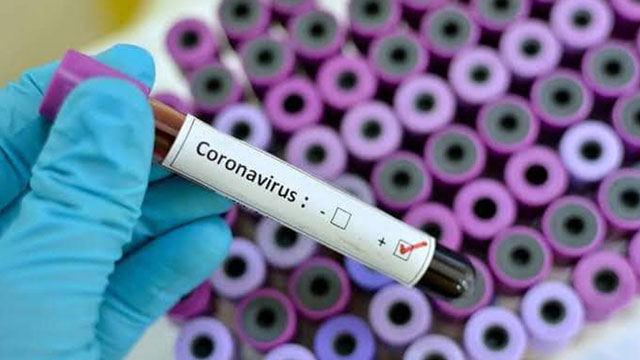
On March 11, the World Health Organization (WHO) declared COVID-19 a pandemic. APTN News is reporting from across the country on the viral outbreak and how it is impacting Indigenous communities.
For more information click here: COVID-19
On Wednesday, the federal government announced an $82-billion financial aid package to help the country through the COVID-19 pandemic.
Prime Minister Justin Trudeau’s government will provide $27 billion in direct support to Canadian workers and businesses to help them get through the economic crisis sparked by global outbreak of the novel coronavirus.
There will also be $55 billion to help Canadians meet liquidity needs through tax deferrals.
The following list is a summary of some of the financial reliefs measures.
1. GST credit – $400 single adults, $600 for couples
2. Child Tax benefit top up – $300 per child added on top of what you receive already.
3. Student loan payments deferral
-six month timeframe
-no payments
-no interest accrual
4. $305 million Indigenous community support fund
– for immediate needs in First Nations, Inuit and Metis
5. $200 million provided for community resources
-shelters/homeless needs
-sexual assault/transition homes
6. 10 per cent wage subsidy for small-medium sized businesses for employees
-$25,000 per employer
7. Ensured Mortgage Protection Program
-50 billion provided
-payment deferrals
-special payment arrangements
8. Bank Supports
-auto loans, deferral of payments possible
-contact bank directly
-speak to your institutions
9. Personal Income Tax
-payment before Sept. 1, 2020 – extended deadline for income tax payments owed
-Filing deadline for Income Tax – Jun.1, 2020
10. Emergency support fund – $5 Billion
11. New Employment Benefits to provide income support
*Supply chains from groceries will maintain fair prices for Canadians.
For more information on how to apply click here.
-With files from The Canadian Press











is the child tax just a one time payment or for the year to come?
I haven’t seen, or heard anything about OAS pensions. I know someone who only has this as an income.
What about lowering income tax deductions for those required to still work providing essential services?